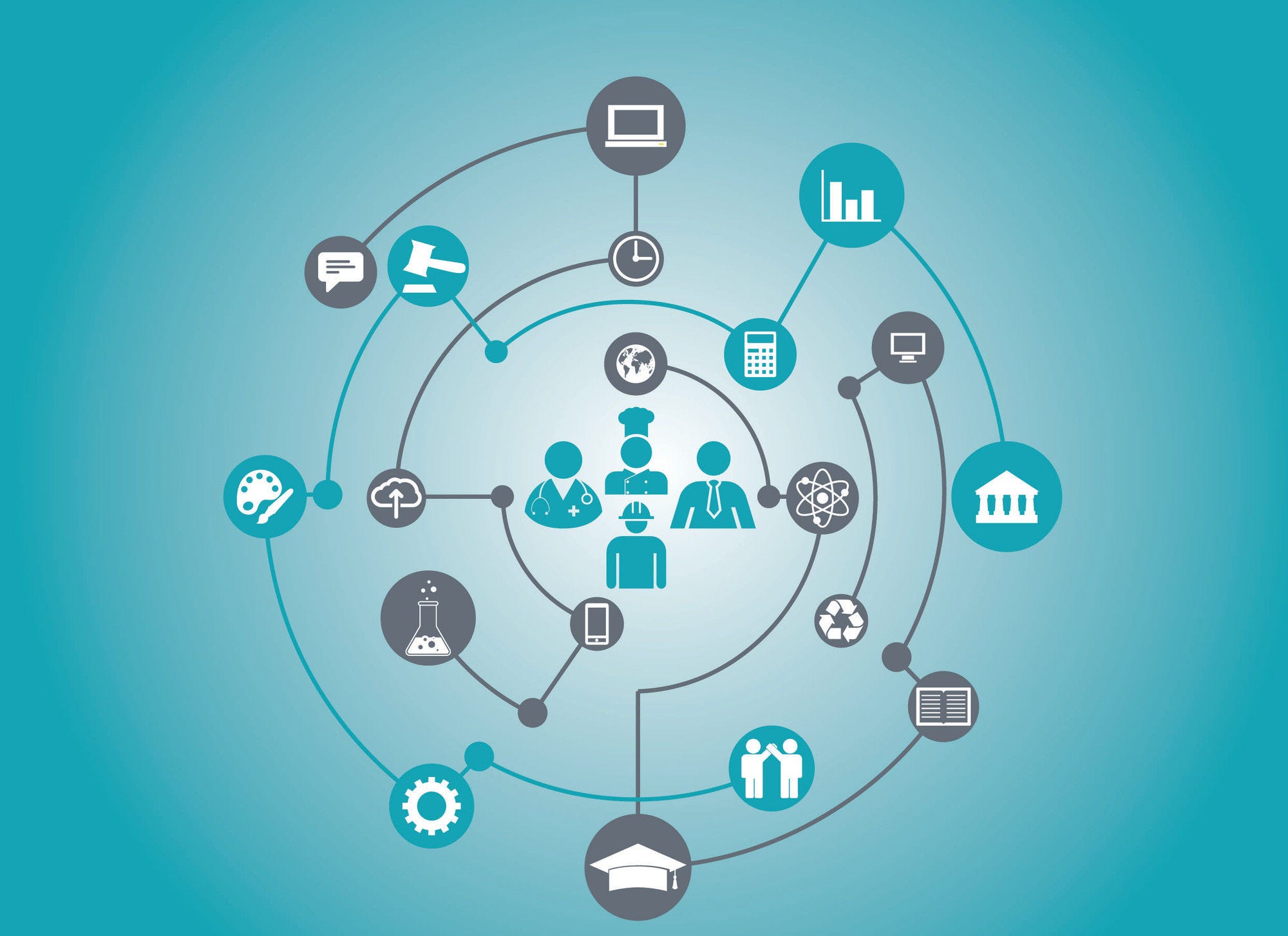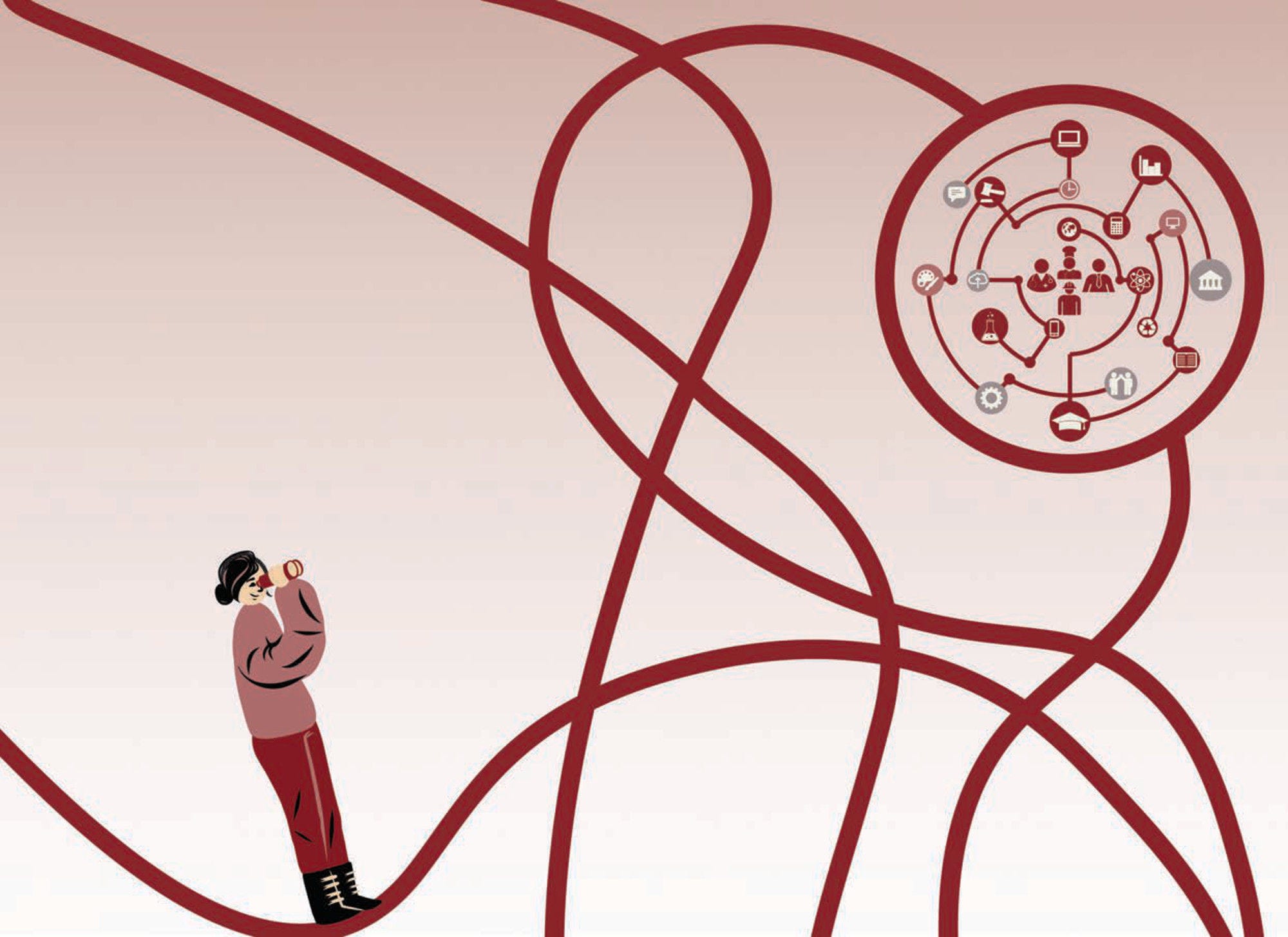In a rapidly changing world of work, adults in Australia are being challenged to upskill, retrain and consider alternative career paths. Mid-career adults are in a unique position: they have acquired considerable skills and work experience but still have many years left in the labour market before retirement. They thus may need help to build on their existing skills to progress but have time before retirement to recoup their training investments. If well designed, career guidance can facilitate employment transitions for this group and usefully inform their training choices. This report assesses the career guidance services that are currently available to mid-career adults in Australia and puts them into an international perspective. New online survey data shows Australia performs well in OECD comparison with respect to the use of career guidance services, but there is room to strengthen the inclusiveness of these services and to tailor them to the needs of mid-career adults. The report provides concrete recommendations in this regard.
Strengthening Career Guidance for Mid-Career Adults in Australia

Abstract
Executive Summary
The demand for skills has undergone significant change across OECD countries over the past few decades in response to automation, population ageing, globalisation, and more recently with the COVID‑19 pandemic and the ongoing transition to a green economy. In such a rapidly changing world of work, adults in Australia are being challenged to upskill, retrain and consider alternative career paths. Mid-career individuals are in a unique position to take advantage of these changes: they have acquired considerable skills and experience but still have many years left in the labour market before retirement. However, to leverage these advantages, they could benefit from the help of a career professional in navigating this changing labour market and identifying suitable retraining and upskilling opportunities to remain productive and satisfied at work.
This study reviews the career guidance programmes currently available for mid-career adults in Australia and puts these programmes into international perspective. It relies on evidence from the OECD Survey of Career Guidance for Adults (SCGA), carried out in 11 countries during 2020‑21, and virtual interviews with key Australian stakeholders.
Mid-career adults in Australia use career guidance services more than those in other countries in the survey. According to the SCGA, 56% of Australian mid-career adults used a career guidance service at least once in the past five years, more than the survey average (38%). An important caveat is that a large share of survey respondents report receiving career support from publicly funded employment services (whether federally funded or state‑funded), and most of these services focus on job matching rather than career guidance. Mid-career Australians are also more likely to receive career guidance through their employer than mid-career adults in other countries. This may partially explain why mid-career adults in Australia are more likely to use career guidance to progress in their current employment (43%) (for which employer-provided guidance is most pertinent) than to transition to new jobs or industries (32%). Career guidance that is not offered through one’s employer is better placed to support those who wish to change job or industry; but career guidance is rarely available publicly in Australia and private services are used much less in Australia than elsewhere. Australia does not offer financial incentives to support co-funding of private career guidance, and has a higher rate of out-of-pocket payment for services.
Mid-career adults who could arguably most benefit from career guidance use it the least: adults in part-time employment, low-educated adults, women, those living in rural areas, or foreign-born adults are much less likely to use career guidance than their counterparts, and these gaps in usage are higher in Australia than elsewhere. The most common reason for not using career guidance services was not feeling the need (56%), while 20% of mid-career adults did not know such services existed. Women are more likely than men to report lack of time due to family responsibilities as a significant barrier to career guidance. Active outreach can help increase the uptake of vulnerable groups by raising awareness about available services and by highlighting the benefits of career guidance. The state‑funded Jobs Victoria is leading the way in this regard. Jobs Victoria Advocates reach out to potentially vulnerable adults in the community (through, for example, libraries and community centres) to connect them with relevant services, including career guidance. Jobs Victoria also trains and employs career guidance advisors who are from similar socio‑economic backgrounds as the clients they serve.
Effective career guidance for mid-career adults takes into account skills acquired through informal learning over many years of work experience. It helps them to make these informally acquired skills visible, identifies their transferable skills, maps skills gaps, and creates clear career and training pathways. Australia has several existing programmes that offer such services. However, most are targeted at job seekers (Mid-Career Checkpoint, Skills Checkpoint for Older Workers and Career Transition Assistance programmes), while some target those who are at risk of losing their job (Tasmania’s Rapid Response Skills Initiative and the Skills Checkpoint for Older Workers). Moreover, these programmes tend to be offered on a small scale and through employment services by counsellors without specialised training in career guidance.
Employed adults who are not at risk of losing their job do not currently have access to publicly subsidised career guidance in Australia, with the exception of the Jobs Victoria Career Counsellors Service which is open to all adults in Victoria regardless of employment status. In some OECD countries, employed adults can access publicly subsidised career guidance through career vouchers (such as Flanders in Belgium or the Netherlands) or via a dedicated public career guidance service (such as France).
Key recommendations
Strengthen co‑ordination of career guidance for mid-career adults
Raise awareness about available career guidance services, and the benefits of such services for adults at any stage in their career. The National Careers Institute (NCI) could take the lead in these activities.
Introduce financial support schemes to promote co-funding and reduce the individual cost of private career guidance.
Strengthen referral systems into and from career guidance services. Stronger referral systems would also help to raise awareness about career guidance services among mid-career adults.
Support mid-career adults facing job disruption or job transition
Scale up current programmes that target mid-career adults who are employed and at risk of losing their job.
Support flexible and shorter career and learning pathways for mid-career adults who are facing disruption by better linking career guidance with recognition of prior learning.
Scale up efforts to reach out to potentially vulnerable adults, such as low-educated adults, those in part-time employment, foreign-born adults, or those living in rural areas, to connect them with career guidance.
Support mid-career adults who are unemployed or out of the labour force
Scale up publicly provided career guidance programmes that target mid-career jobseekers.
Require professionals delivering publicly subsidised career guidance programmes to be listed on the Australian Register of Professional Career Development.
Support mid-career adults who are employed and looking to progress in their current job/sector
Promote the use of high-performance work practices by employers, including flexible and transparent career and learning pathways, job rotation and mentorship programmes. The NCI could take the lead in these activities.
Expand public provision of career guidance to employed mid-career adults, possibly by extending the current telephone‑based career guidance service (School Leavers Information Service) to adults.
In the same series
Related publications
-
 21 November 2024
21 November 2024 -
 Working paper3 October 2024
Working paper3 October 2024 -
 Country note10 July 2024
Country note10 July 2024 -
 3 July 2024
3 July 2024








